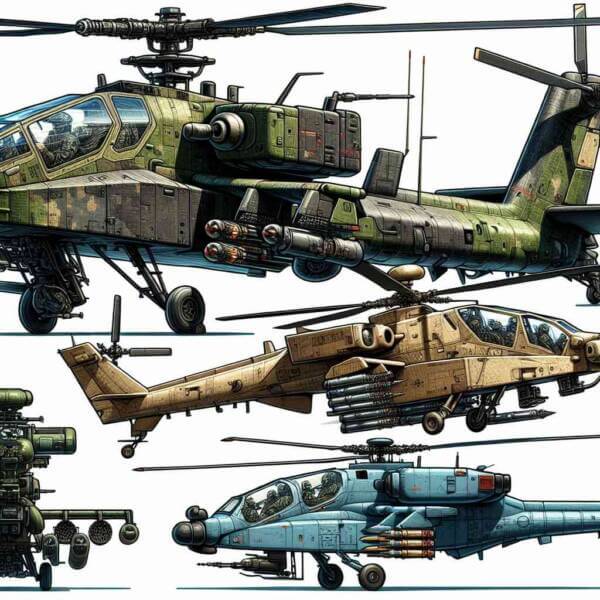Essential Facts About Military Aviation
Essential Facts About Military Aviation
Blog Article

Since its beginnings in the early 20th century, military aviation has changed how wars are fought.
Nations invest heavily in military aviation to protect national interests.
History of Military Aviation
Military aviation started during the early 1900s, with aircraft initially used for observation.
Key developments over time:
- Development of air combat tactics
- Massive growth in air power
- Rapid development of jet technology
- Modern drone warfare
Each era brought new technologies that pushed the limits.
Types of Military Aircraft
Military aviation includes a variety of aircraft, each designed for different roles.
Types of planes used in military aviation:
- Aircraft designed for air-to-air combat
- Aircraft for long-range attacks
- Transport aircraft
- Reconnaissance and surveillance drones
Each type plays a vital role in military operations, from securing airspace.
The Strategic Value of Military Aviation
Controlling the skies protects ground operations.
Strategic advantages of air dominance:
- Providing close air support
- Targeting infrastructure and logistics
- Gathering critical intelligence
- Psychological impact on enemy forces
Nations with strong military aviation capabilities can defend their interests more effectively.
Advancements Shaping the Future
Military aviation is at the forefront of engineering breakthroughs.
Future technologies in military aviation:
- Aircraft designed to evade radar detection
- Hypersonic weapons
- Artificial intelligence-driven missions
- Laser and electromagnetic systems
These advancements enhance lethality for air forces worldwide.
Risks and Limitations
Despite technological superiority, military aviation faces complex problems.
Pressing issues in military aviation:
- Expensive research and operations
- Rapid technological changes
- Securing digital communications and data
- Ethical concerns with autonomous weapons
Addressing these challenges is necessary for effective defense strategies.
Future of Military Aviation
Nations will continue investing in next-generation aircraft to maintain strategic advantages.
Likely developments:
- Greater integration of artificial intelligence
- Military satellites and space-based weapons
- Eco-friendly military aircraft
- Joint defense projects
The next era of military aviation will redefine defense.
Final Thoughts on Military Aviation
Military aviation remains an irreplaceable element in global visit this website defense.
As technology continues to evolve, the skies will remain a frontline of innovation where military aviation shapes the world order.
The future of military aviation is full of potential — and it’s only just beginning. Report this page